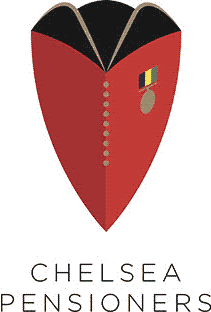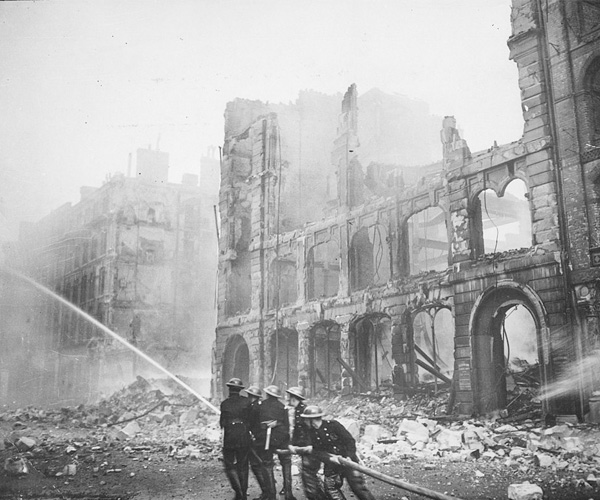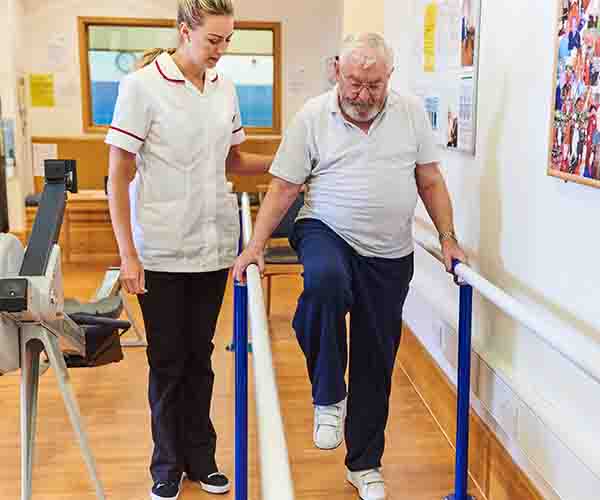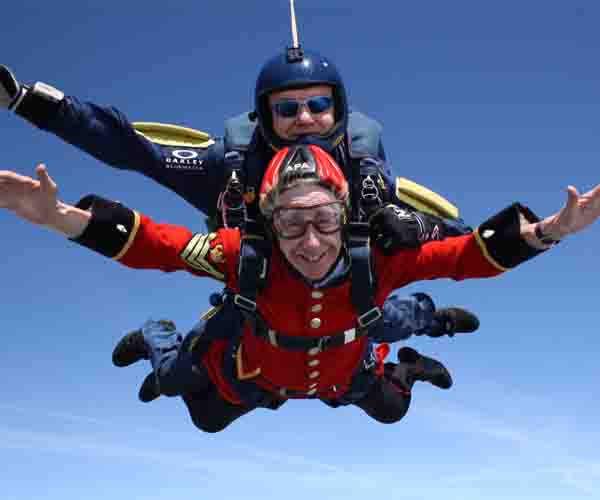Taking care of our Pensioners' Wellbeing
10th October 2020
World Mental Health Day is on October 10 and this year it feels more important than ever to recognise that it’s not just our physical health that’s important. The COVID-19 pandemic and lockdown has had a huge impact on us all. And the Chelsea Pensioners are no exception.
In normal times, our Pensioners would be out and about, taking part in events, visiting friends and family, and chatting with visitors to the Royal Hospital. During lockdown, the Club and Wren Chapel were shut and many activities were no longer possible many Pensioners spent time isolating in their wards as we took every measure to keep them safe.
Pensioner Monica, who had the virus and is now fully recovered, says it took a toll on her psychologically as well as physically:
When the doctor told me I’d tested positive I just felt the tears welling up because I was a bit afraid. You get scared and of course you’re isolated so you have all this time to ruminate.
The value of companionship
Many of the Chelsea Pensioners were leading isolated lives before they came to the Royal Hospital. This has been shown to have a negative effect on wellbeing, particularly in later life.
The companionship the Royal Hospital offers helps to address this. Even the Hospital’s design makes a positive contribution, says our resident GP Dr Keating:
The anatomy of Wren's inspired long ward design encouraging social mixing, the shared facilities for meals and socialising, the company structures of the Royal Hospital and the common bonds and values of the Pensioners' shared military past give a sense of belonging and purpose, which tends to bring about a greater sense of community and participation.
Our Director of Health and Wellbeing Deborah Sturdy agrees:
Emotional connectivity is what humans need, Activities like dances and pet therapy help and the close relationships and comradeship mean people notice if someone doesn’t engage. If someone’s just a bit ‘off their legs’ we can pick them up quickly before they deteriorate.
The 'stiff-upper-lip' Army culture
As former soldiers, another factor that can affect our Pensioners’ mental health is the traditional Army culture. As Colour Sergeant Lindsay – who pioneered the Army’s current mental resilience training programme – says:
The traditional Army culture contributes – if it’s a case of ‘don’t talk about it’, what do you do? You have to then keep it to yourself and carry on.
This is something 95 year old Pensioner Ernie would acknowledge. His life was turned upside down when he was called up as a 19-year-old to fight in World War II, where a hand injury meant he couldn’t pursue an artistic career, as he might have done otherwise. When the war ended, he felt lost:
It was horrible. You’re a young lad of 19, expecting an active life and it’s just gone like that. I had a bad time mentally and physically. It’s life-changing
In the Royal Hospital, Ernie rediscovered his artistic interests and spends a lot of time painting:
It’s very therapeutic. You can absorb yourself mentally
How hobbies help
Other Pensioners have found creative hobbies helpful. Pottery Club is particularly popular. It was a lifesaver for Pensioner John when he was experiencing ‘psychological darkness’:
I’d been in the Infirmary in pain and a debilitated state and when I got back to my berth another Pensioner said, ‘You’ve got to do something’. I came in the end to shut him up! From the first time I enjoyed it and now I Iove it. It’s good for wellbeing and brought me back when I was very depressed. It made me socialise – there’s a happy, supportive environment.
For Pensioner Pete, his many hobbies include fishing and woodwork. When he was confined to his berth he entertained himself by setting up angling scenarios in his berth with his hand-crafted wooden fish to entertain his friends on social media!
Now Pete is back in his workshop, which he says is more vital than ever during these challenging times:
Coming to my workshop and getting involved in an activity means I can switch off to anything outside and any personal problems and relax and concentrate. With these conditions we’ve got now, you need to have somewhere you can go away from your ward.
Once she was well again, Monica - whose interests range from the Royal Hospital’s tai chi and dance classes to writing and photography - found it really helped to get involved with activities:
It keeps people fit mentally, physically, psychologically so it’s very important
Our vision for the future
The Chair of the Royal College of General Practitioners would agree. Dame Stokes-Lampard, has said that “encouraging patients to take up new hobbies and skills can have a hugely positive impact and their physical and mental health and wellbeing”.
That’s why keeping the Chelsea Pensioners active and engaged is a priority for the Royal Hospital. However, our current facilities aren’t fit-for-purpose so we’ve committed to opening a purpose-built, accessible Activities Centre where all the Pensioners will be able to enjoy those life-enhancing opportunities.
To find out more about our Activities Centre and how you can support us - please click here.






